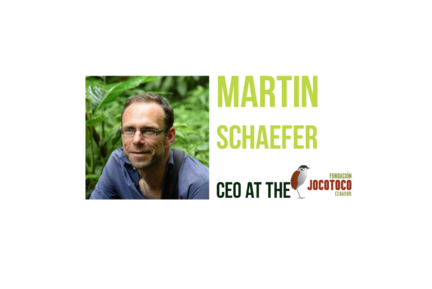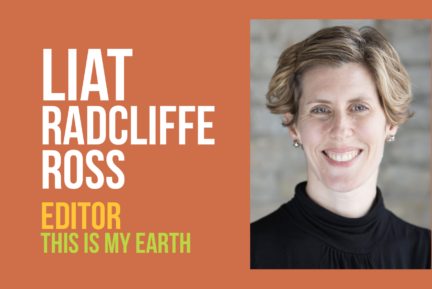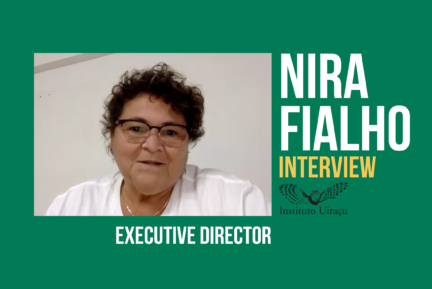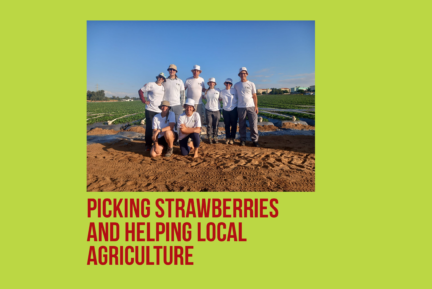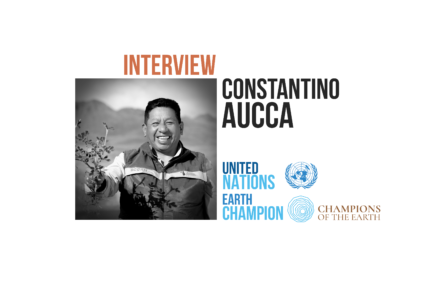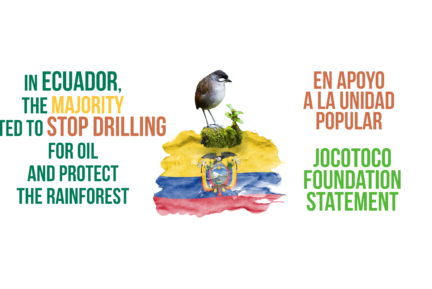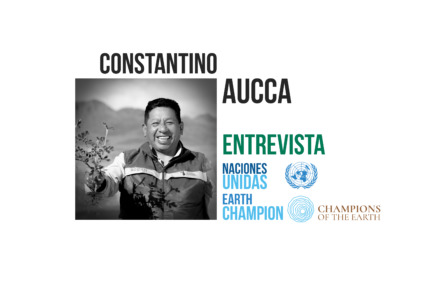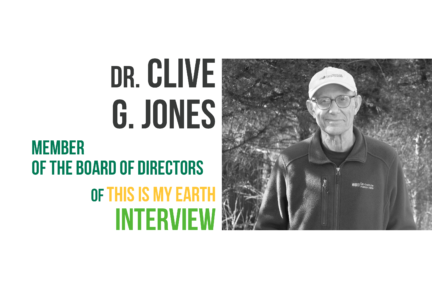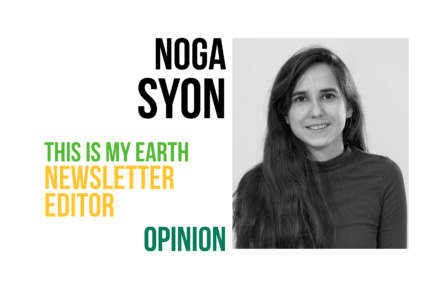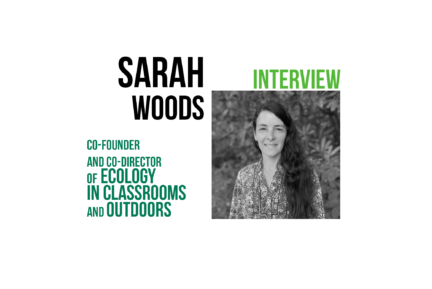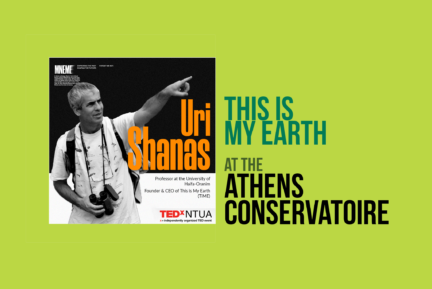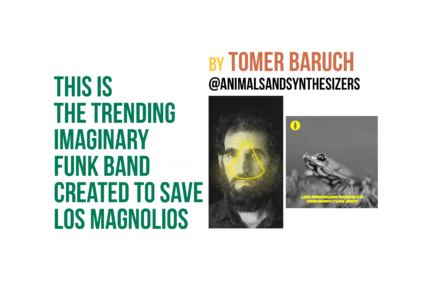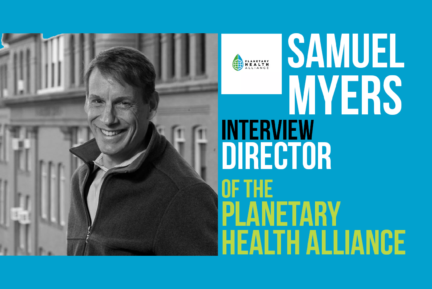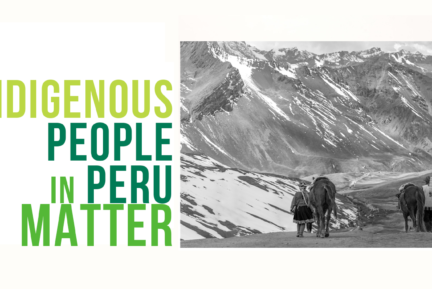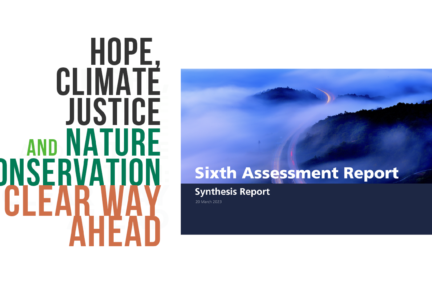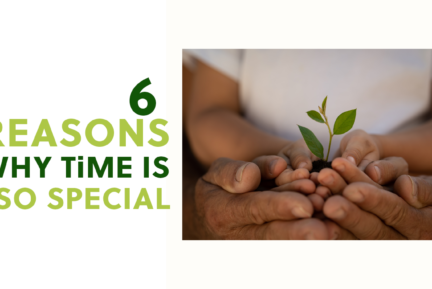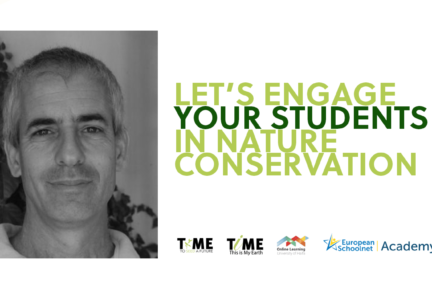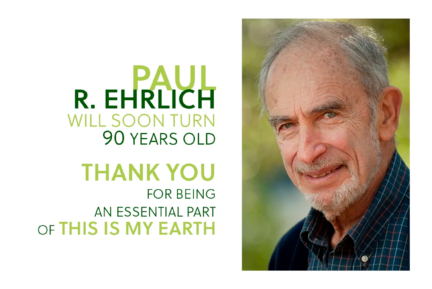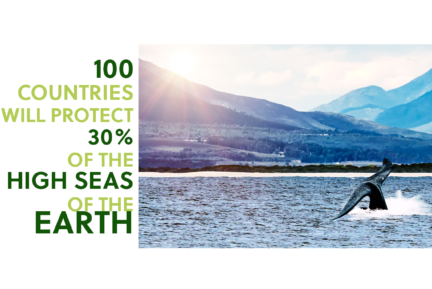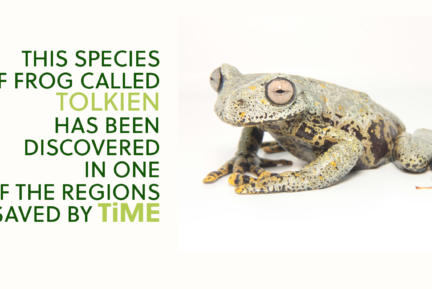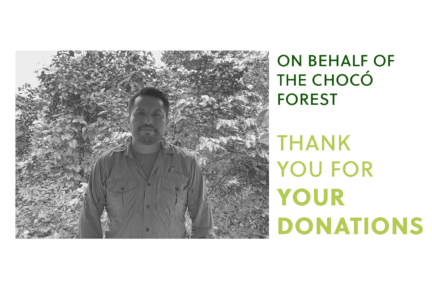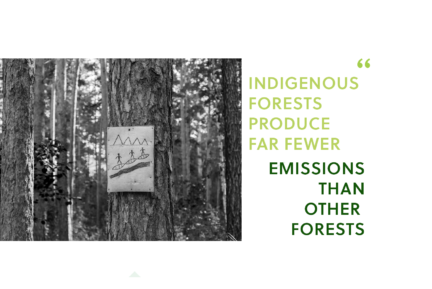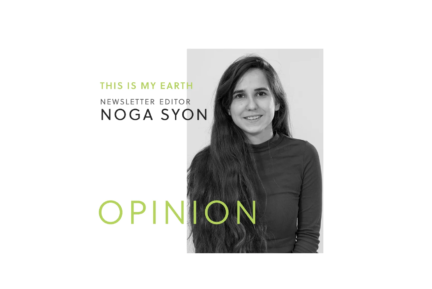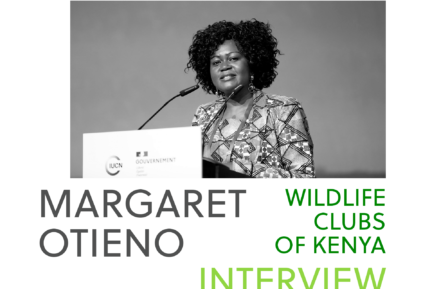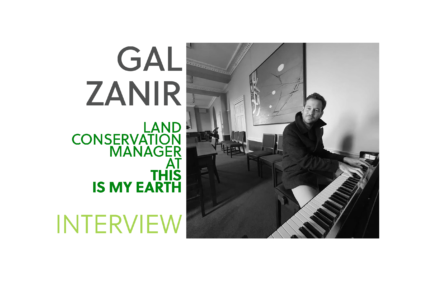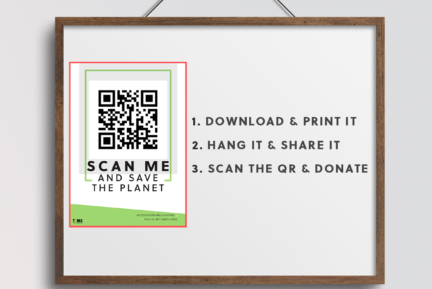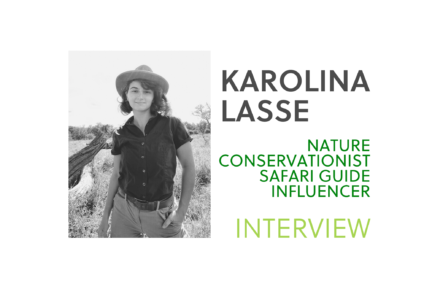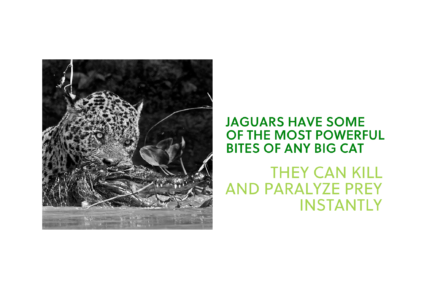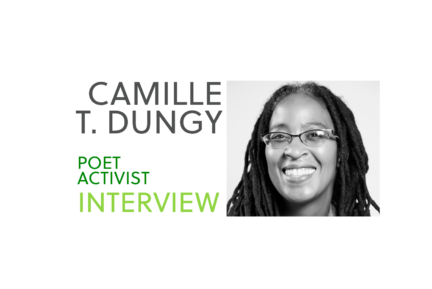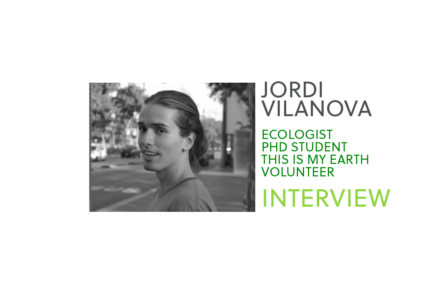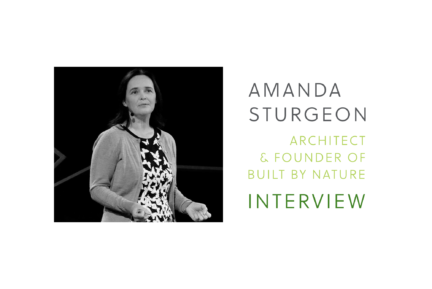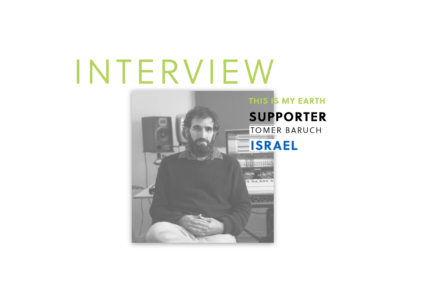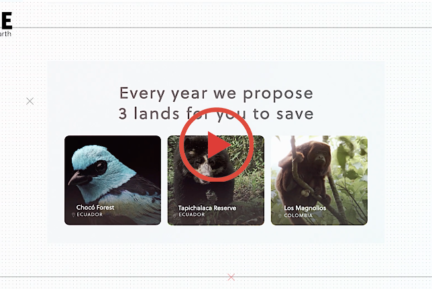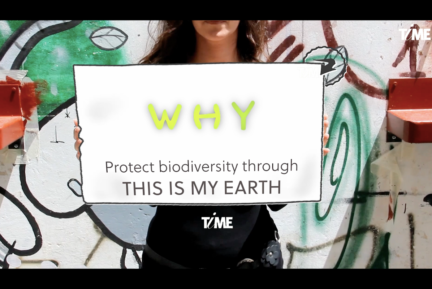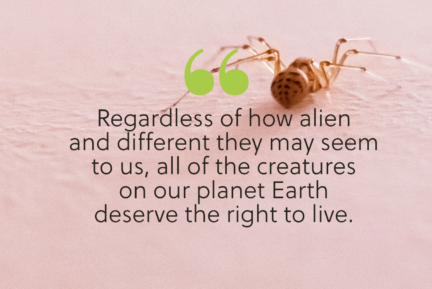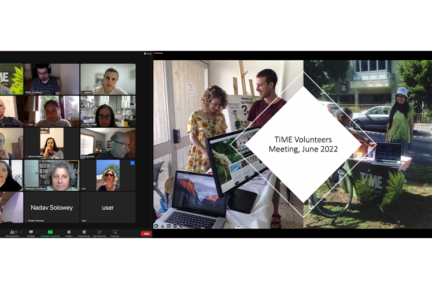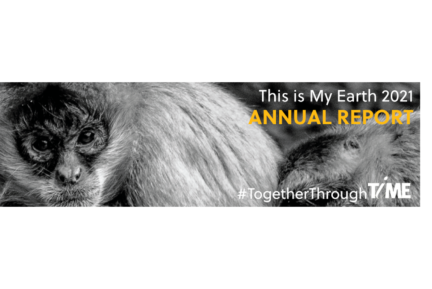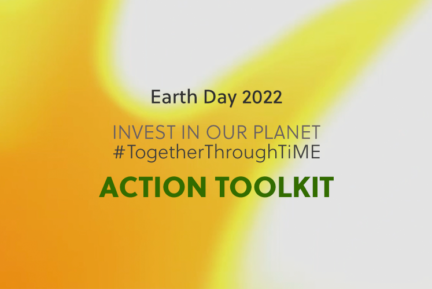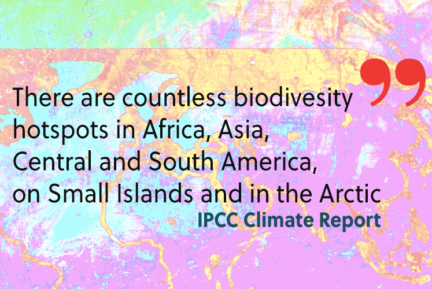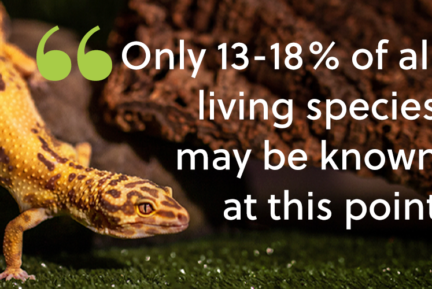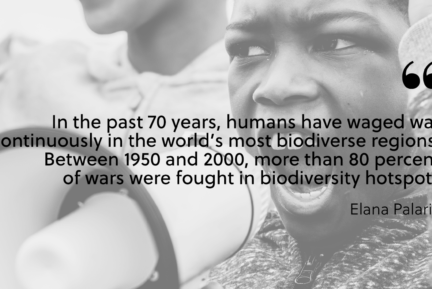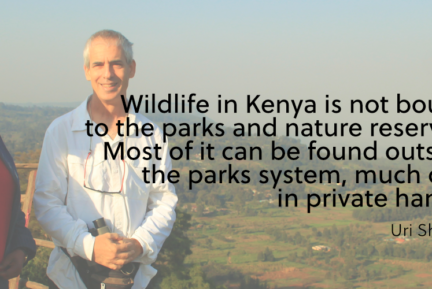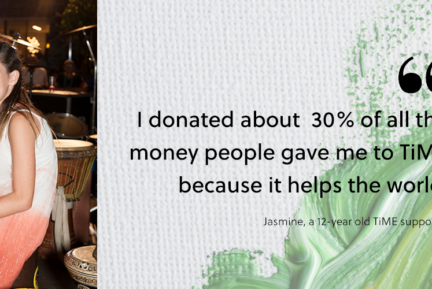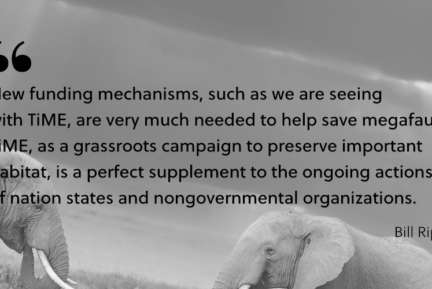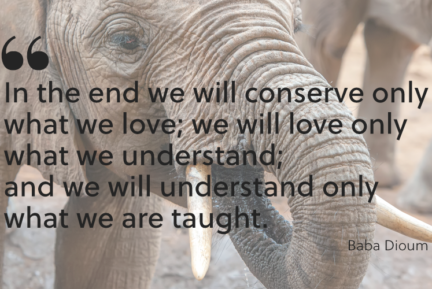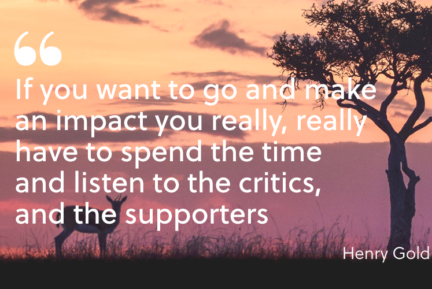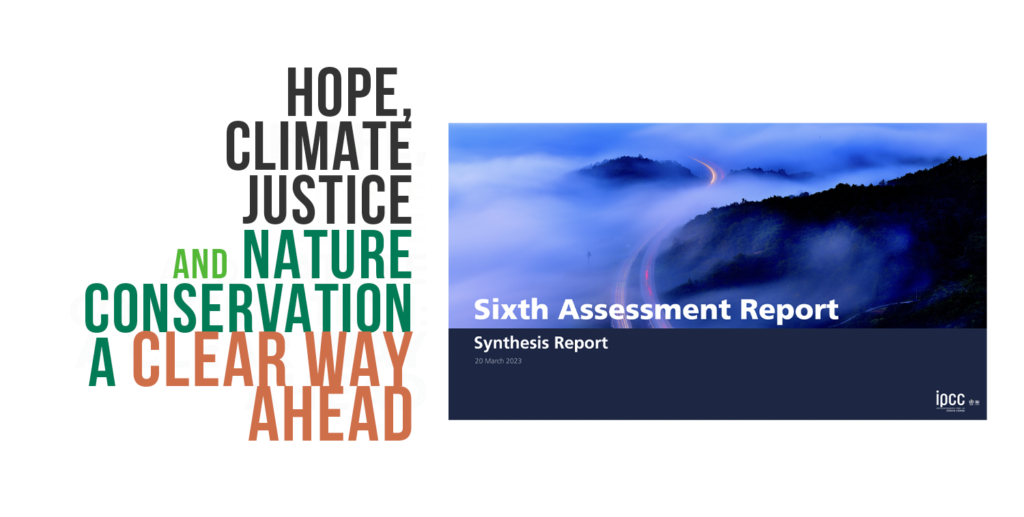
AR6 SYR stands for the Sixth Assessment Report (AR6) of the Intergovernmental Panel on Climate Change (IPCC), which includes the Synthesis Report (SYR). Scientists lead it from around the world. And scientists are showing us a clear way ahead.
Thousands of scientists worldwide have contributed to this final report, with extensive reviews of the latest research on climate change. The report was published on March 20, 2023.
In general terms, the AR6 SYR highlights the urgency of taking action to address climate change and identifies several critical risks and opportunities associated with different levels of warming. It also outlines a range of potential solutions, including reducing greenhouse gas emissions, increasing the use of renewable energy, improving energy efficiency, and adapting to the impacts of climate change.
The AR6 SYR report is a critical resource for policymakers, researchers, and the public as they work to understand and respond to the growing threat of climate change.
The IPCC (Intergovernmental Panel on Climate Change) reports comprehensively assess the latest scientific research on climate change, including its causes, impacts, and potential solutions.
Losses and damages in sharp focus
Scientists approved the AR6 SYR during a week-long session in Interlaken. In this report, they are bringing into sharp focus the losses and damages we are already experiencing. While the IPCC continues to claim that the human-induced environmental changes are permanent, scientists on the panel encouraged policymakers and stakeholders to act now: policymakers and stakeholders: “Taking the right action now could result in the transformational change essential for a sustainable, equitable world.”
It seems like the IPCC is more optimistic, as the report’s authors are clear: We can change our fate. as the authors of the last report are clear. We can change our fate. Scientists are showing a clear way ahead for our planet’s salvation. And that includes our nature conservation approach as well as our community engagement.
A clear way ahead: What can we do?
Our colleagues at the IPCC have chosen the expression “A clear way ahead”. Scientists want to instill hope in the minds and spirits of global society.
What does that mean for policymakers and governments? Scientists claim that to succeed, access to clean energy and technologies is essential if we want to improve our health.
That means;
- Lowering carbon electrification
- Walking
- Cycling and public transport
- Creating opportunities for green employment opportunities
- Delivering equity.
According to AR6 SYR, the economic benefits for people’s health from air quality improvements alone would be roughly the same, or even more significant, than the costs of reducing or avoiding emissions.
Climate resilient development becomes progressively more challenging with every increment of warming. This is why the choices made in the next few years will play a critical role in deciding our future and future generations.
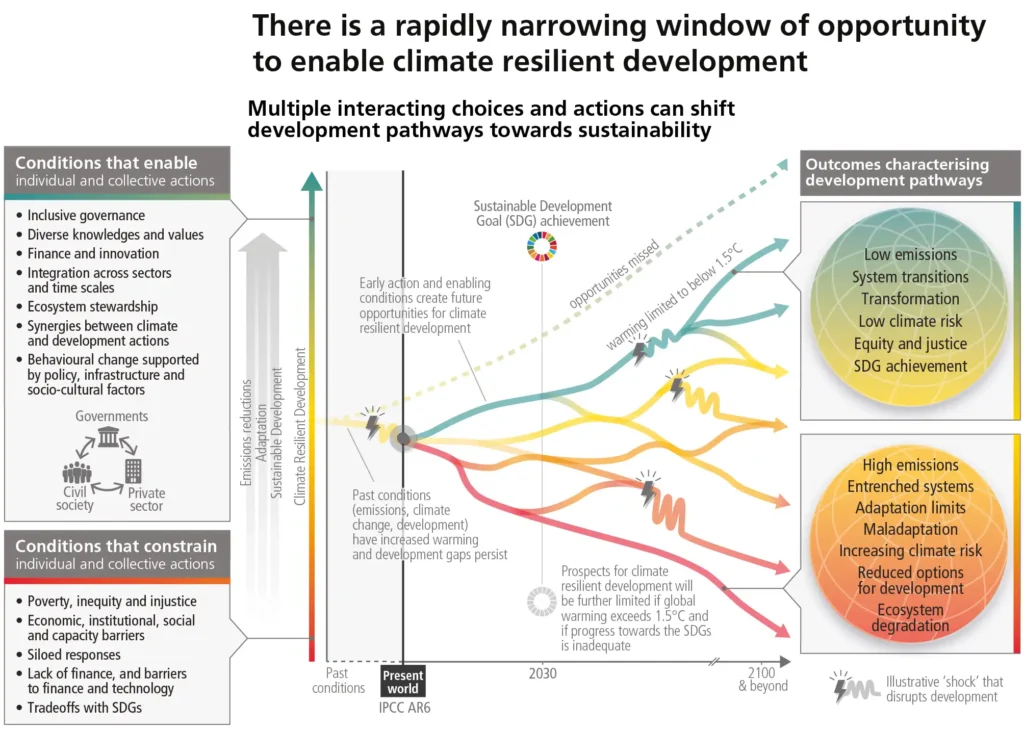
Learning local knowledge: Promoting universal solutions
The choices we make within the next few years need to be rooted in our diverse values. And we will have to take into account diverse worldviews and knowledge. And here is where climate justice comes in.
“Climate justice is crucial because those who have contributed least to climate change are being disproportionately affected,”
Aditi Mukherji. one of the 93 authors of this Synthesis Report
Democracy, equity, and climate justice are crucial to tackling climate change. In the last decade, deaths from floods, droughts, and storms were 15 times higher in highly vulnerable regions and low-income and developing countries. These are often the countries and communities that have contributed least to climate change.
Those who contributed the least to climate change are often the most vulnerable to its impacts. Millions of people living in these environments are exposed to acute food insecurity, and reduced water security, and the most significant impacts of climate change are expected in parts of Africa, Asia, Central/South America, Least Developed Countries (LDCs), small islands and the Arctic.
There’s enough financing to reduce emissions rapidly, but the current climate investment should grow by 3-6 times, as external funding to meet adaptation needs is also crucial.
Keeping warming to 1.5°C above pre-industrial levels requires deep, rapid, and sustained greenhouse gas emissions reductions in all sectors. We must decrease emissions now and cut them by almost half by 2030. If we want to limit warming to 1.5°C, there is no other way.
“The greatest gains in wellbeing could come from prioritizing climate risk reduction for low-income and marginalised communities, including people living in informal settlements”
Christopher Trisos, one of the 93 authors of this Synthesis Report
In practical terms, we are addressing the issue of climate justice. Since scarcity of resources may lead to more conflict and injustice, climate justice is more necessary than ever. Climate justice involves policies and actions that reduce greenhouse gas emissions. We should do that while ensuring the transition to a low-carbon economy is just and equitable. It also includes measures to protect and support vulnerable communities, like investing in infrastructure resilient to climate change impacts, providing access to clean energy and water, and supporting sustainable livelihoods.
Overall, climate justice recognizes that the impacts of climate change are not distributed equally. Addressing this issue requires a holistic and inclusive approach that considers the problem’s social, economic, and environmental dimensions.
Nature conservation in the era of sustainable development
Integrating measures to adapt to climate change with actions to reduce emissions in ways that provide more comprehensive benefits is possible. IPCC reports have highlighted nature conservation activities (and land purchasing is one of the most effective ones) as crucial actions in the fight against climate change. That is because conservation approaches guarantee that biodiversity is safer, less fragmented, and more effective in protecting our planet’s health.
This is the reason why the United Nations invited This is my Earth for the public presentation of the IPCC’s Sixth Assessment Report was published. On February 23, 2022, the IPCC group finalized the second part of the Sixth Assessment Report. The authors presented the conclusions at a global press conference after 195 member governments approved them. We were thrilled to be there. Because we know that scientists are showing a clear way ahead, and we want to move forward together.
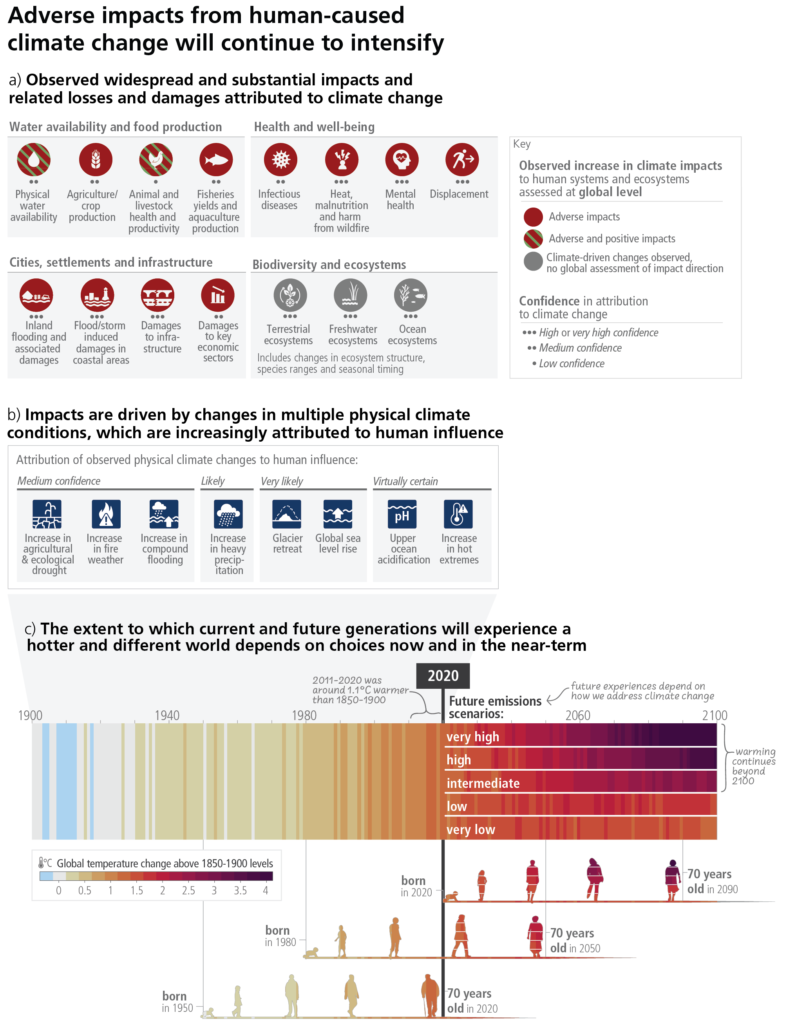
There’s hope: Take action
Climate change has already caused widespread impacts and related losses and damages on human systems and altered terrestrial, freshwater, and ocean ecosystems worldwide.
But there is sufficient global capital to reduce greenhouse gas emissions if existing barriers are reduced rapidly. Increasing financing for emission-reduction technology is essential to achieve global climate goals. Through public funding and clear signals to investors, governments are essential in reducing these barriers. Investors, central banks, and financial regulators can also play their part.
There are tried and tested policy measures that can work to achieve deep emissions reductions and climate resilience if they are scaled up and applied more widely. Political commitment, coordinated policies, international cooperation, ecosystem stewardship, and inclusive governance are all important for effective and equitable climate action.
“We live in a diverse world in which everyone has different responsibilities and different opportunities to bring about change. Some can do a lot while others will need support to help them manage the change.”
IPCC Chair, Hoesung-Lee

Some interesting links:

